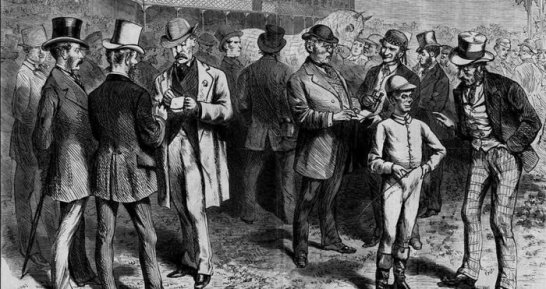
I promised that this blog would return to the events of 1888 and the so-called Whitechapel or ‘Jack the Ripper’ murders. In the early hours of Sunday, 30 September, the body of Elizabeth (‘Long Liz’) Stride was discovered by the gates of Dutfield’s Yard in Berner Street. Her throat had been cut but she hadn’t been mutilated. Most experts agree that Liz’s killer had probably been disturbed in his murderous acts by the return to the yard of a trader in cheap jeweler, Louis Diemshutz, and his cart.
Liz’s death was only the first that night. An hour or so later Catherine Eddowes was murdered in Mitre Square on the City Police’s patch. The killer had much more time to carry out his ‘work’ here and Kate’s body was horribly mutilated. The pair of killings have been dubbed the ‘double event’ after the press received a letter (and subsequent postcard) from someone purporting to be the murderer. Both missives were likely to have been sent by a journalist or mischief-maker and helped to raise the feeling of panic in the East End.
Meanwhile the police courts continued their business as normal, prosecuting petty crime, domestic violence, and drunkenness on a daily basis. Liz Stride had herself been before the local magistracy on more than one occasion in the years and months leading up to her death.
On the 30 September that Sunday’s edition of Lloyd’s Weekly Newspaper reported that the owner of the slaughter house in Winthrop Street had brought a prosecution for theft against one of his employees. Robert Whiffen (25), a horse slaughterer, was accused of stealing a diamond ring valued at £30.
The proprietor, (who was not named in the report) said he had lost the ring on the 18 August and had asked around at work. No one knew anything, or at least no one would say so. So he pursued his enquiries and when these drew more blanks he went to the police.
Acting on a tip off (in the form of a letter handed to the prosecutor) the police managed to trace the ring to a butcher in Mile End. Moss Joel testified before Mr Montagu Williams at Worhsip Street, telling him that he had bought the ring for £2 from the prisoner and sold it on for £2 15s. He could not recall who he sold it to however, even when Mr Williams pressed him to. The magistrate smelt a rat and suggested that things would go ‘awkwardly’ for Joel if ‘did not find the man’ he sold a £30 ring to. He remanded Whiffen in custody and dismissed the butcher to go and try harder to find the missing jewelry.
The Winthrop Street slaughterhouse was just yards from Bucks Row, where Polly Nichols had been murdered in late August 1888. The paper was well aware of this of course and headlined this report accordingly, terming it the ‘Buck’s Row Slaughterers’. At the time horse slaughters were suspected of being involved in the murders and my recent book presents a likely suspect who works in the horsemeat trade. I argue that this man (James Hardiman) possibly worked for Harrison and Barber, the capital’s preeminent horse slaughters.
The Winthrop Street yard was owned by Albert Barber and it was he who brought the charge against Robert Whiffen. A ring valued at £30 in 1888 would be worth around £2,500 today so it is clear that Albert Barber was a very wealthy man. There was plenty of money in horse slaughtering, but it was a dirty and very hard trade and someone that was prepared to work hard and whenever required (as we believe Hardiman was) could expect to enjoy the confidence of his masters and the freedom to use their business premises at all hours of the day and night.
Very useful if you want to kill people as a well as horses…
Robert Whiffen was tried for the theft on the 22 October and convicted. He was sent to prison.
[from Lloyd’s Weekly Newspaper, Sunday, September 30, 1888]






